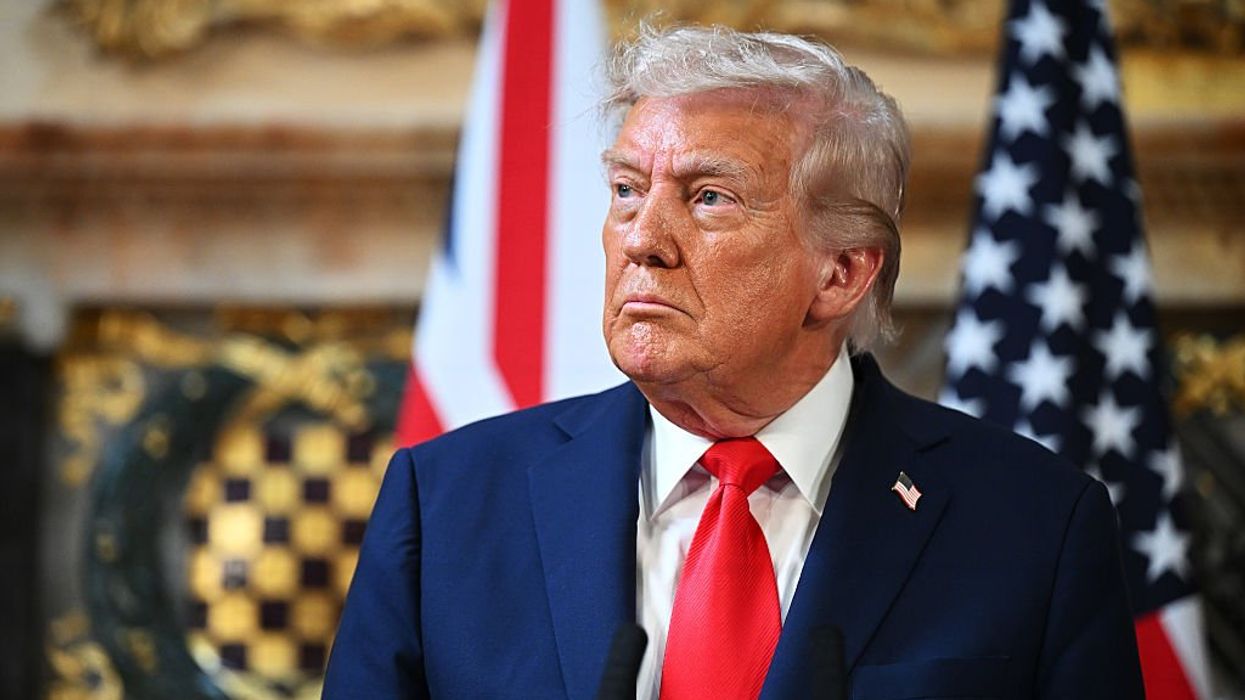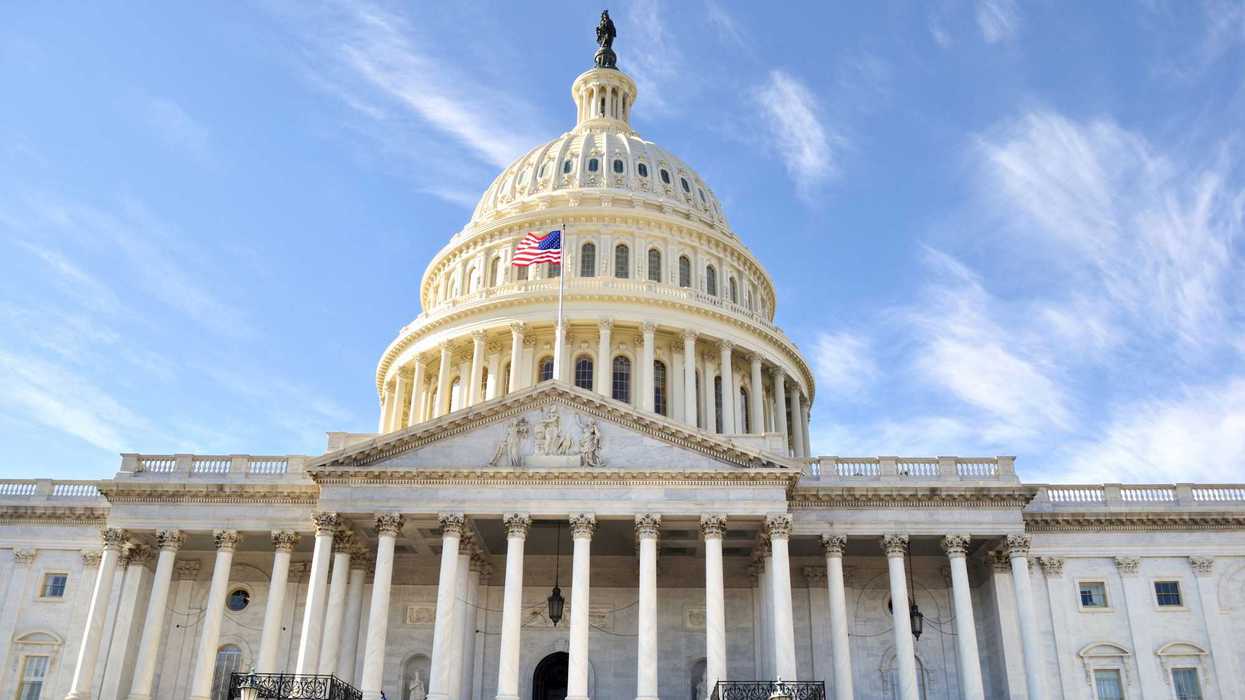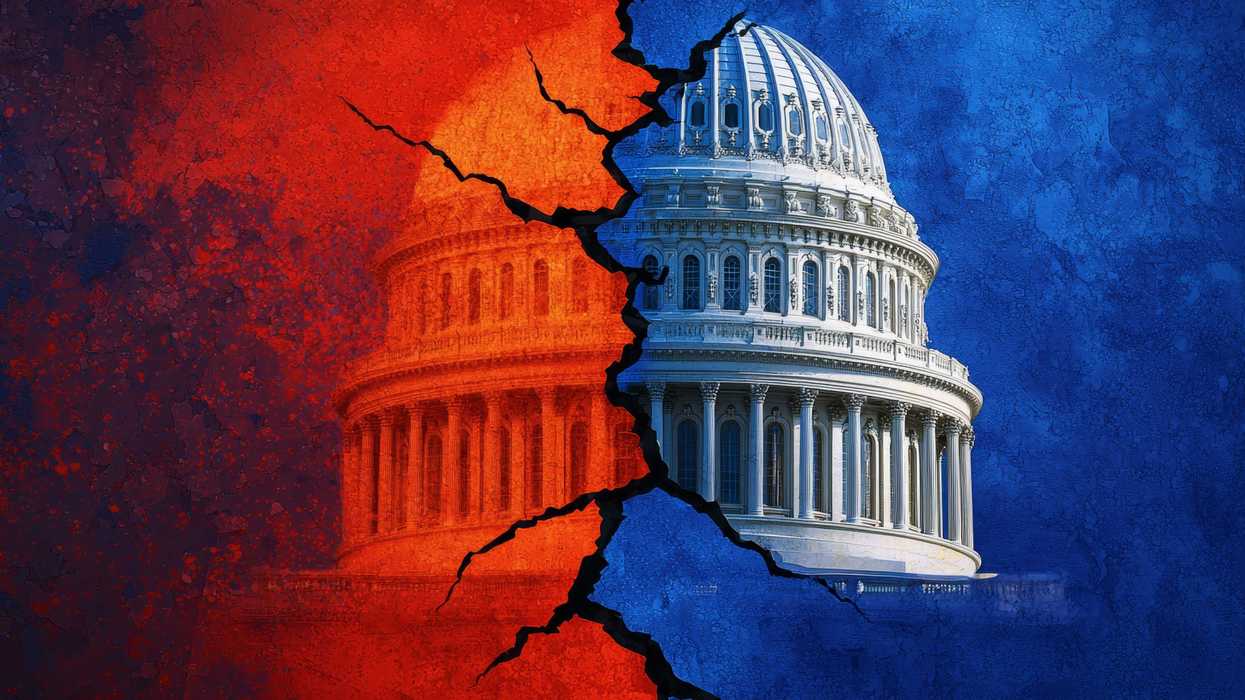In my last op-ed (Best and worst U.S. presidential cabinets), 15 different research-based sources revealed that Donald Trump’s 2017-2021 and current cabinets are among the worst in U.S. history. The last paragraph of the op-ed stated: “Let’s face reality. A cabinet that ranks historically low with respect to competence, ethical standards, experience, and other research-based competency criteria makes the U.S. vulnerable to a multitude of operational inefficiencies, policy blunders, ethical mishaps, scandals, conflicts of interest, conspiracies, and foreign intervention.”
Several domestic and international conflicts require examination, not from the perspective of a cabinet member, but rather in relation to Trump’s policies and executive actions.
Domestic vulnerabilities
President Trump’s deportation and detention plans, plus the use of heavily armed military personnel for immigration control, have already put a strain on local, state, and national police resources. The paramilitary-style police-state tactics Americans are witnessing and the marginalization of vulnerable groups will certainly lead to further civil unrest and more lawsuits.
Trump’s immigration enforcement will undoubtedly affect 1.6 million construction workers and 1.2 million agricultural laborers, who provide the shelter services and food-related products that Americans depend upon (CBS News). The availability and cost of housing projects and food are in jeopardy.
Many of Mr. Trump’s 202 executive orders have rolled back protections related to gender, race, free speech, free assembly, and voting, further increasing legal and civil unrest. As of September 10, 342 active legal cases challenge Trump’s 2.0 endeavors; taxpayers will likely be responsible for covering the legal fees to defend his actions (Lawfare).
Spending freezes and the random firing of federal workers from FEMA, EPA, and HUD most assuredly risk compromising crisis response efficacy from natural disasters to environmental catastrophes and pandemics.
President Trump’s tariff policy has been assessed on imports from 194 countries (BBC News). Four different analyses note that the tariff-related price increase for America’s 67.5 million working families will be in the $2,400-$5,200 range every year until January 2029 (Yale Budget Lab, Center for American Progress, Petersen Institute, and Joint Economic Committee Republicans).
Other domestic vulnerabilities include social division, lobbyist-political party collusion, healthcare cutbacks, and veterans’ services, but op-ed space limits further explanation.
International vulnerabilities
With Trump’s tariff policy targeting 194 countries, reciprocal tariffs by other countries against the U.S. are quite possible, which could lead to spiraling economic costs, disrupting global supply chains, and damaging diplomatic relations.
If trade retaliation occurs, many of America’s 3.4 million agricultural producers, who depend on international trade, will face the threat of bankruptcy. Furthermore, many of America’s 34 million small business owners will be at risk of closing shop.
Walter Russell Mead, a columnist for the conservative-oriented Wall Street Journal, reported that since Mr. Trump has taken office, there has been a growing alignment by China, Russia, India, Iran, Pakistan, Egypt, Turkey, Armenia, Azerbaijan, and North Korea against American interests and our 51 formal allies (Sept. 2).
Trump eliminated USAID foreign aid and multilateral cooperation with approximately 100 developing countries. China and Russia are taking advantage of the situation to expand their political and economic influence and take America’s diplomatic place.
President Trump’s failure to work with China has created a situation where China’s cyber actors are positioned to attack America’s water, electricity, and telecommunications infrastructure. China’s military posture around Taiwan and the South China Sea is a purposeful challenge to America’s stance as the leader of the free world. China understands that trade and semiconductor supply chains are vital to the U.S. economy, and it has the upper hand.
Mr. Trump’s failure to control Russia’s attack on Ukraine has enabled Russian-supported hackers, cyber attackers, and information warfare groups to target U.S. government and corporate data. Four Republicans (i.e., Sen. Joni Ernst, Iowa; Sen. Chuck Grassley, Iowa; Sen. Thom Tillis, NC; and Rep. Don Bacon, Neb.) are skeptical of Trump’s international diplomacy as referenced in a Sept. 10 article titled “GOP increasingly says Putin has played Trump” (CNN Politics).
Multiple independent sources note the leaders of China, Russia, and Israel are “playing with Trump” as he hasn’t displayed any diplomatic skills. It’s well-documented that Mr. Trump is a short-term, tactical, and transactional person, as opposed to the long-term, strategic, and relationship-oriented leader Americans have revered and experienced with other presidents.
We have met the enemy
Due to Trump’s policies, the USA’s national security, economic, supply chain, diplomatic relations, civil rights, disaster response, law enforcement, Sino-Russian hostility, humanitarian aid, foreign intervention, and peacebuilding – to name a few – are all more vulnerable to domestic and international conflicts.
If you feel America is in trouble with Trump’s actions, it’s incumbent to alert your three elected delegates in Washington, DC, as to how vulnerable -- domestically and internationally – we have become. Let Congress know they need to step up to Mr. Trump and his cabinet members by upholding their oath of office to “support and defend the Constitution of the United States against all enemies, foreign and domestic.”
Steve Corbin is a Professor Emeritus of Marketing at, University of Northern Iowa












 Mayor Ravi Bhalla. Photo courtesy of the City of Hoboken
Mayor Ravi Bhalla. Photo courtesy of the City of Hoboken Washington Street rain garden. Photo courtesy of the City of Hoboken
Washington Street rain garden. Photo courtesy of the City of Hoboken







